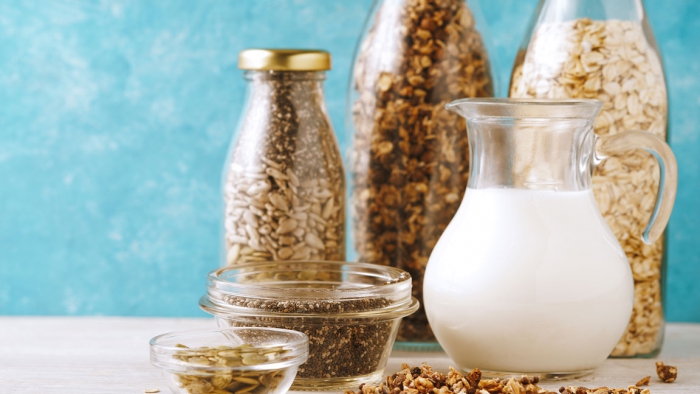
The debate on whether dairy and dairy-derived fats are good or bad for health has been going on for many years. However, recent data seem to suggest that milk, cheese, and yogurt may be more beneficial than harmful. A new international study corroborates evidence that dairy fats may lower the risk of diabetes.
Recent studies have been suggesting that the consumption of dairy products may have various health benefits.
For instance, one study last month argued that full-fat dairy could help maintain cardiovascular health.
Still, not everyone agrees with these findings, and some countries including the united kingdom and the United States have proposed dietary guidelines that encourage people to choose low-fat or fat-free dairy products.
Now, an international research team led by scientists from the University of Cambridge in the United Kingdom, and from Tufts University in Medford, MA, has conducted a pooled analysis of various prospective cohort studies, looking at the relationship between dairy fat consumption and the risk of type2 diabetes.
The researchers analyzed the data collected from 16 prospective cohorts from 12 countries, including the U.S. and Australia, which amounted to 63,682 participants in total. Their findings appear in the journal PLOS Medicine.
In explaining why they chose to conduct this analysis, the authors write that the "effects of dairy fat on type 2 diabetes are not well established."
"While dairy fat contains palmitic acid that could increase risk of [type 2 diabetes], it also contains several other types of fatty acids and further reflects specific foods, such as cheese or yogurt, that could reduce risk," they note.
Dairy fat levels and diabetes risk
The investigators studied the participants' biomarkers of dairy fat consumption, considering how these correlated with the risk of type 2 diabetes.
None of the participants had diabetes at baseline, though 15,158 individuals developed this metabolic condition over the study follow-up period, which lasted more than 20 years.
By analyzing the data derived from all of the 16 studies, the researchers found links between people with higher concentrations of dairy fat biomarkers in their system and a lower risk of type 2 diabetes.
Moreover, the scientists acknowledge that factors other than a person's levels of dairy consumption could influence the levels of the biomarkers considered in this study.
Compared with participants with the lowest concentrations of dairy fat biomarkers, those with the highest levels had an approximately 30 percent decreased risk of developing type 2 diabetes, the study authors note.
Senior study author Prof. Dariush Mozaffarian also believes that the current findings may call for a revision of dietary guidelines that encourage people to avoid full-fat dairy.
"While dairy foods are recommended as part of a healthy diet, the U.S. and international guidelines generally recommend low-fat or non-fat dairy due to concerns about adverse effects of higher calories or saturated fat," says Prof. Mozaffarian.
"Our findings, measuring biomarkers of fatty acids consumed in dairy fat, suggest a need to re-examine the potential metabolic benefits of dairy fat or foods rich in dairy fat, such as cheese," the senior author advises.